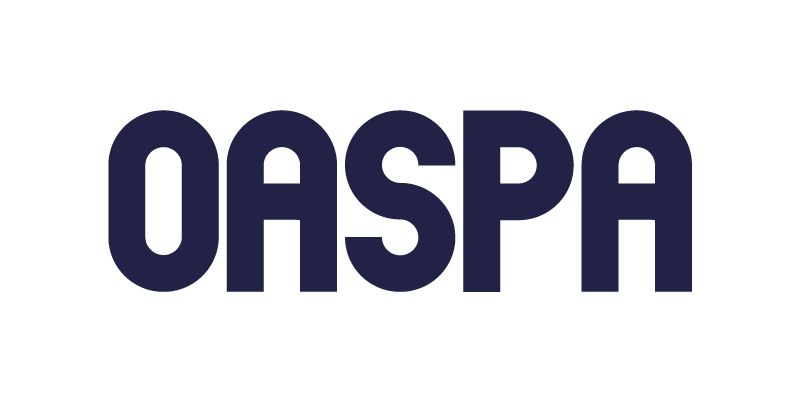By Lori Carlin & Bonnie Gruber
•
January 29, 2026
Building on last Spring’s survey of authors and researchers, we are once again analyzing responses from a large, global community to understand how shifts in the funding and policy environment are affecting research activity, priorities, and outlook. Conducted in partnership with 32 organizations, the Second edition of our Author–Researcher Survey was designed explicitly as a continuation of the work conducted in Spring 2025, allowing us to again take the pulse of authors-researchers, track emerging trends, and identify early signals related to real and perceived changes in U.S. science policy and research funding. With 12,122 completed responses from researchers in 125 countries , the Second survey again provides a robust and diverse dataset. Analysis is ongoing and the high-level structure of the respondent pool is already clear, closely mirroring, while subtly extending, what we observed in the Spring of 2025. A Global Community, with the U.S. at the Center of the Conversation The most recent respondent pool again reflects a truly global research community. Just over half of respondents are based in the United States, with others reporting from a broad range of countries worldwide. This near-even U.S./international split remains one of the defining features of the dataset and is particularly important given the survey’s focus on U.S. policy and funding dynamics. The results continue to underscore that changes originating in the U.S. research system are global in scope, closely watched and widely felt well beyond national borders. Science-Heavy Participation Anchored in Physical, Life, and Health Research Physical sciences represent the largest single area of engagement, alongside strong representation from the life sciences, health sciences, and engineering and technology. Social sciences and the arts and humanities account for a smaller share of responses, and as in prior responses, many participants report working across multiple fields. This pattern reflects both the interdisciplinary reality of modern research and the continuity needed to support meaningful year-over-year analysis. Insights Shaped Largely by Mid- and Senior-Career Researchers Mid- and senior-career respondents make up the majority of the sample, complemented by a substantial cohort of early-career researchers and representation from graduate and doctoral trainees. This reinforces that much of the insight emerging from the survey reflects the perspectives of researchers with long-term experience navigating funding cycles, institutional change, and strategic research planning. That experience is also evident in respondents’ professional roles. Faculty members and principal investigators account for the largest share of participants, alongside researchers, analysts, postdoctoral fellows, and graduate students. Clinically active professionals—including physicians and other healthcare providers—are also represented. The overall role mix remains highly consistent as compared to the Spring group, strengthening confidence that shifts observed in attitudes or behavior are not driven by changes in who is responding. Why This Continuity Matters One of the most important features of this current dataset is how closely its underlying demographic structure aligns with the Spring survey results. This consistency strengthens our ability to interpret changes in sentiment, expectations, and reported actions as genuine signals rather than artifacts of sampling. The scale and international reach of the most recent responses allow us to surface new nuances, particularly around how researchers are adapting to evolving policy signals, funding uncertainty, and institutional responses. What Comes Next We are digging into the full results to explore how researchers’ outlooks have evolved, including: Whether perceptions of funding stability and risk are shifting How researchers are adjusting research scope, timelines, or collaboration strategies Persistent signals related to mobility, field-level vulnerability, and longer-term confidence in the research enterprise Decisions about research funding, policy, and scholarly communication increasingly require evidence, not assumptions. Delta Think’s research process is designed to provide the scholarly communication community with the rigor, scale, and transparency needed to build sustainable strategies in an uncertain environment. From survey design through analysis and reporting, our approach emphasizes methodological consistency, careful segmentation, and openness about what the data can support. By maintaining continuity year over year, we aim to surface credible trendlines that stakeholders across the research ecosystem can trust. The Delta Think team designed this initiative to gather data and to support our partners across the scholarly ecosystem. By combining rigorous research design with deep industry context, we help publishers, societies, and institutions make informed, strategic decisions during periods of significant change. If you’re interested in learning more about the findings or discussing how they apply to your organization, we’d welcome the conversation. Please email Lori Carlin to get started.








